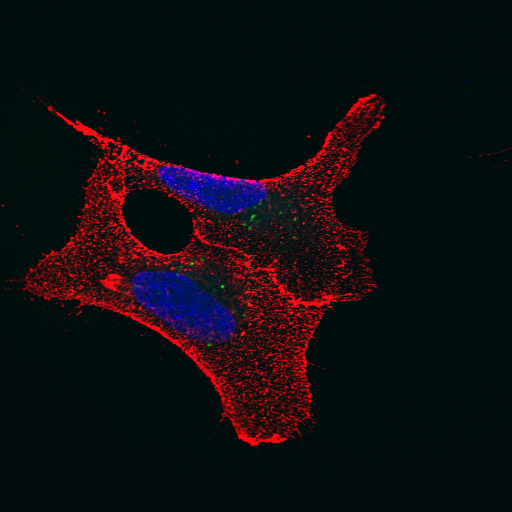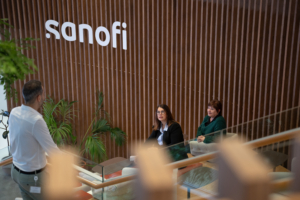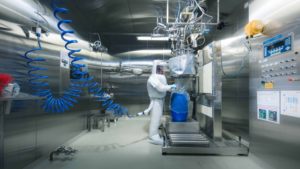
Allogenic stem cell transplant safe in heart infarction patients
Belgian cell therapeutics specialist TiGenix NV announced positive top-line one-year results from its CAREMI stem cell study in acute myocardial infarction.
The Phase I/II trial with AlloCSC-01, a allogenic stem cell therapy licensed from Spanish Coretherapix in 2015, clearly demonstrated that there is a therapeutic window to apply donor-derived and in vitro expanded cardiac stem cells (AlloCSCs) in patients suffering from acute myocardial infarction. Patients with left ventricular dysfunction who received the intracoronary infusion of 35 million of AlloCSCs within the first week post-AMI neither showed immune-related adverse events nor any major cardiac adverse events or deaths at 30 days. Moreover no mortality and MACE have been found at 6 months or 12 months follow-up.
A larger reduction in infarct size was found in one pre-specified subgroup associated with poor long-term prognosis and representing more than half of the patient population. This finding has revealed valuable insight, and provides a specific direction for potential studies in a targeted subset of high-risk patients.
This is the first trial in which it has been demonstrated that allogeneic cardiac stem cells can be transplanted safely through the coronary tree, and in the worst possible setting represented by patients with an acute heart attack with left ventricular dysfunction, commented Fernández-Avilés, Head of the Department of Cardiology at the Hospital General Universitario Gregorio Marañón in Madrid (Spain), principal investigator on the trial in Spain. It is especially encouraging that no cardiac or immunological side effects were observed.
This is the first study in which we have used a state of the art comprehensive MRI analysis to include patients with a large myocardial infarction in an innovative cell therapy protocol, said Professor Janssens, Head of the Department of Cardiovascular Diseases, University Hospital, Leuven, and principal investigator on the trial in Belgium. Serial MRI analysis and extensive immunological profiling will allow us to further explore the encouraging signals we observed in cell treated patients with the worst MRI signature. These findings offer an exciting prospect for targeted follow-up studies in these high-risk patients.
Marie Paule Richard, Chief Medical Officer at TiGenix announced: We look forward to working with our advisors to analyze the data in depth and determine the best way forward with AlloCSC-01 during the second half of this year.
The CAREMI trial has been supported by the FP7-funded the CARE-MI consortium (Grant Number 242038).


 ©FabienMalot
©FabienMalot Lonza Group
Lonza Group Vetter Pharma
Vetter Pharma